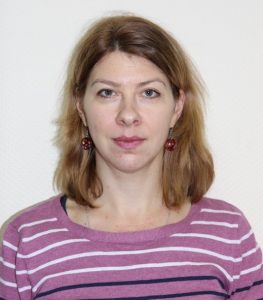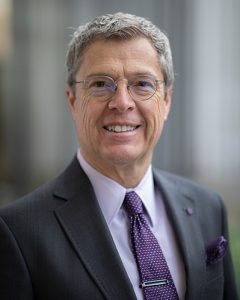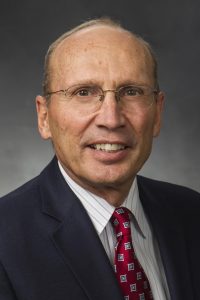New Restrictions in the Russian Religious Law: What Should Believers Expect?
 Olga Sibireva is the head of the Religion in Secular Society project at the Moscow-based SOVA Center for Information and Analysis
Olga Sibireva is the head of the Religion in Secular Society project at the Moscow-based SOVA Center for Information and Analysis
In Russia, religious discrimination is often directed at new religious movements and Protestant organizations, and this trend has only intensified over the years. Increasingly strict state policies towards religious minorities are manifested, primarily, at the legislative level.
The Russian Law On Freedom of Conscience and Religious Associations provides basic regulations for religious life. It was adopted in 1997 and has been amended almost every year since then; many of these amendments have worsened the plight of freedom of religion and belief in Russia.


